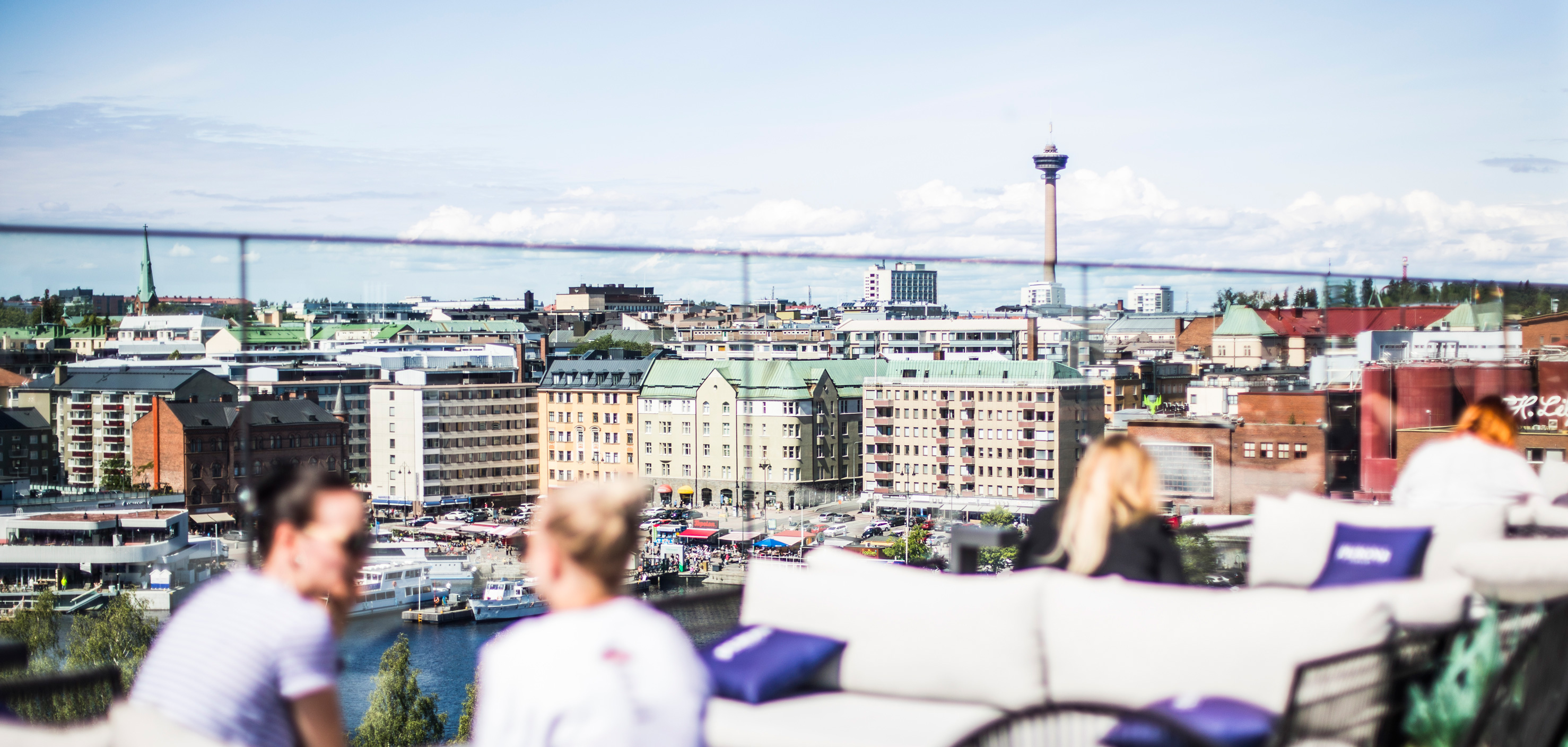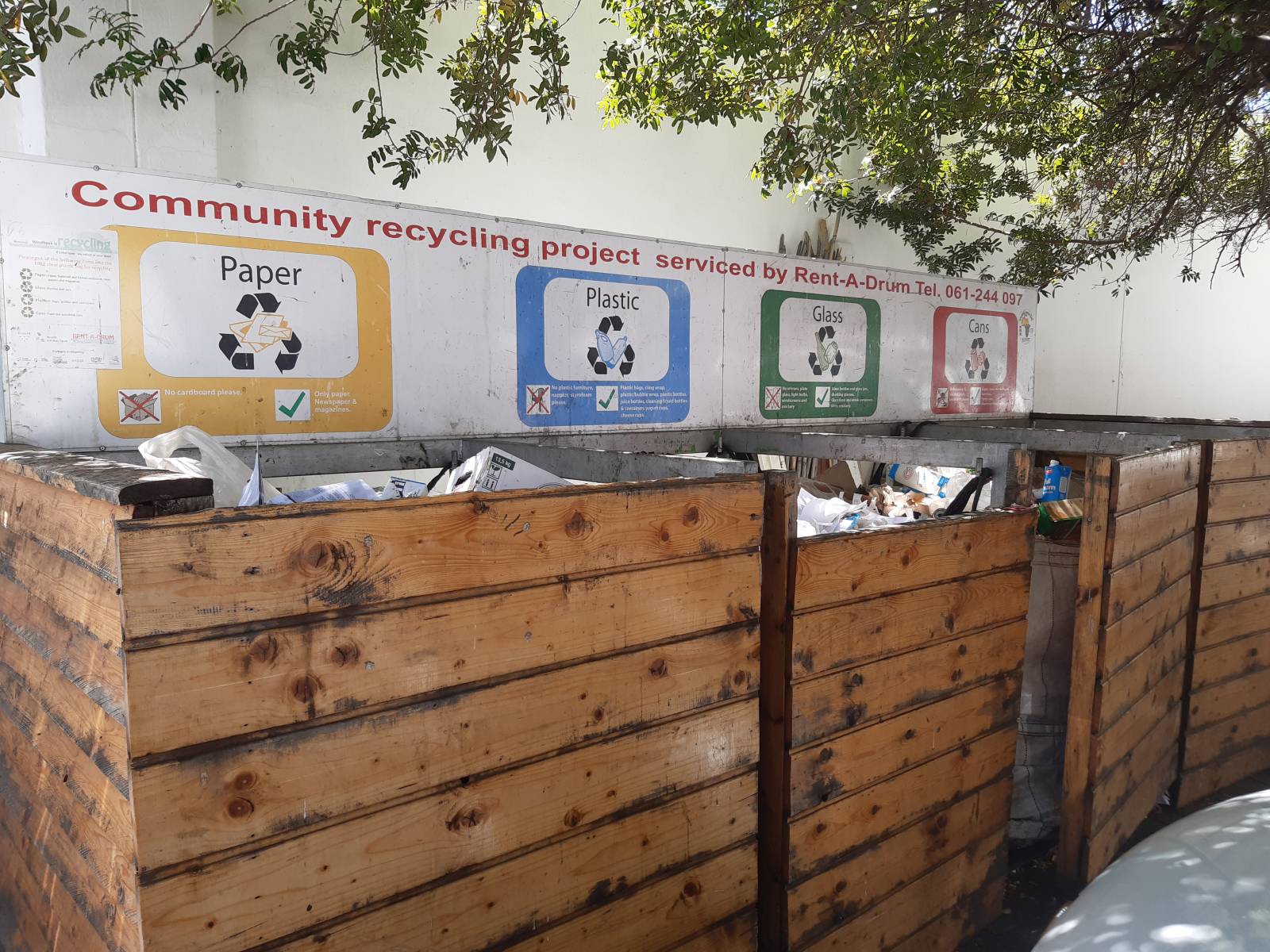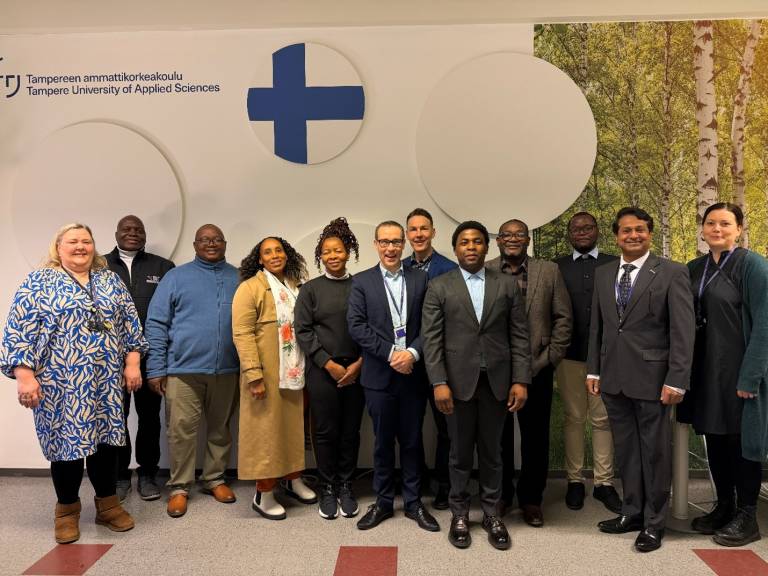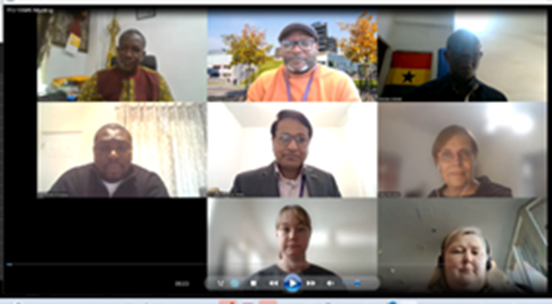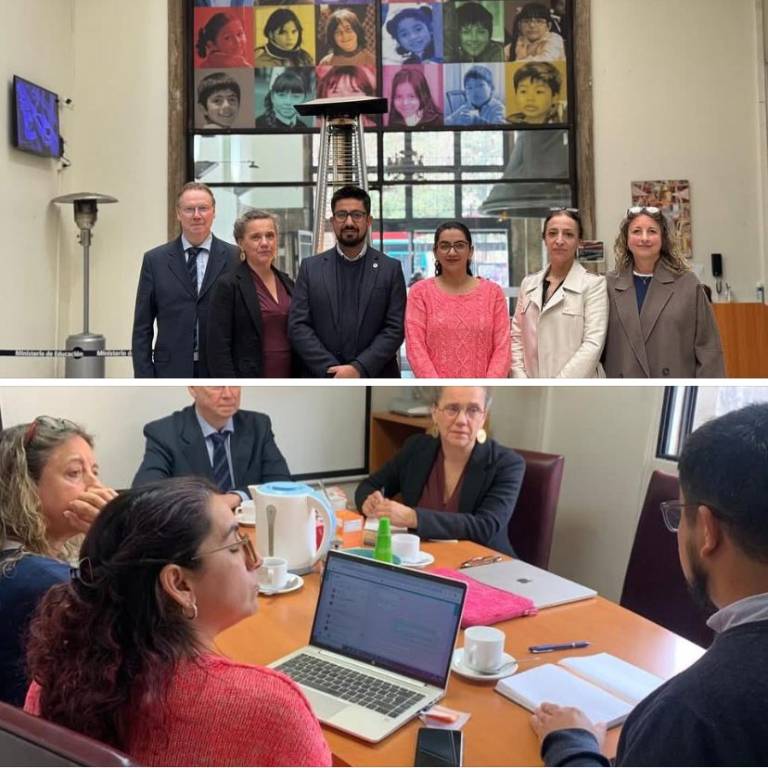A recent master’s thesis underlined the need for the capacity building as an essential factor in implementing circular economy in practice in Namibia. Interviewees raised not only education and training but also attitudes and mindset to key factors in improvement. Valorization of waste and by-products requires new kind of thinking. (Lappi, 2023)
The capacity building can be defined in several ways like as follows:
“… the process of developing and strengthening the skills, instincts, abilities, processes, and resources that organizations and communities need to survive, adapt, and thrive in a fast-changing world”. (United Nations)
Activities of the project includes four trips to Namibia including workshops, seminars and interviews, stakeholder analysis and impact assessment. During the first trip seven stakeholder interviews were conducted including two universities, two NGOs, two companies, and the Embassy of Finland in Namibia. The interviews gave a good overview of challenges and opportunities of circular economy business in Namibia.
Finnish Ambassador in Namibia Leena Viljanen have pointed out in an interview in May 2023 as follows:
“Namibia has good infrastructure, a young and educated workforce, and abundant natural resources. With strong legislation and innovative approaches to attract investments, Namibia has excellent opportunities in the green and circular economy sectors”. (The Brief, 2023)
One of the eye-opening lessons was the informal settlements where a considerable number of people live in Namibia with little or no access to basic services like electricity, water, and toilets which cause environmental and health risks. Two NGOs, Recycle Namibia Forum (RNF) and Development Workshop Namibia (DW), have implemented impressive projects to improve situation and reduce risks. Those projects are based on community participation and empowerment of people. The “Recycling Heroes” project aims to upskill and enable unemployed females, mostly from informal settlements in Namibia to earn an income by collecting and sorting recyclables. It will create awareness that recyclables have a value and contribute to keeping communities and surrounds clean. About 150 women have trained in three cities and more trainings will follow (Recycle Forum Namibia; Kafula).
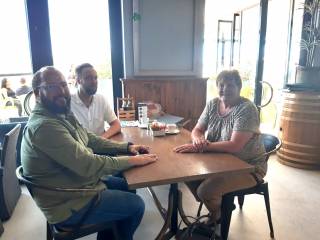
First trip to Namibia focused on solid waste management, and recycling, which are both important in developing circular economy business models. In the next step we concentrate on biogenic streams of agriculture, which will be the topic of the workshop in March 2024.
Text & pictures: Silja Kostia, Principal Lecturer (Applied Research Center) and project manager of the capacity building project.
References:
The Brief. (2023). Namibia poised to lead energy transition and circular economy – Finnish Ambassador. Issue 419, pp 18-19.Published 30.5.2023 https://thebrief.com.na/ Read 16th January 2024.
Kafula, Ngonyothi. Community Based Solid Waste Management. Model in Informal Settlements of Windhoek. Development Workshop Namibia. Power Point presentation.
Lappi, Joni (2023). The sustainability transition potential of biogenic by-product valorisation in Namibia. Master’s Thesis. https://urn.fi/URN:NBN:fi-fe20231121148037
Recycle Forum Namibia. Recycling Heroes 2023. https://rnf.com.na/projects/recycling-heroes-2023. Read 14th January 2024.
United Nations. Capacity building. https://www.un.org/en/academic-impact/capacity-building Read 14th January 2024.

